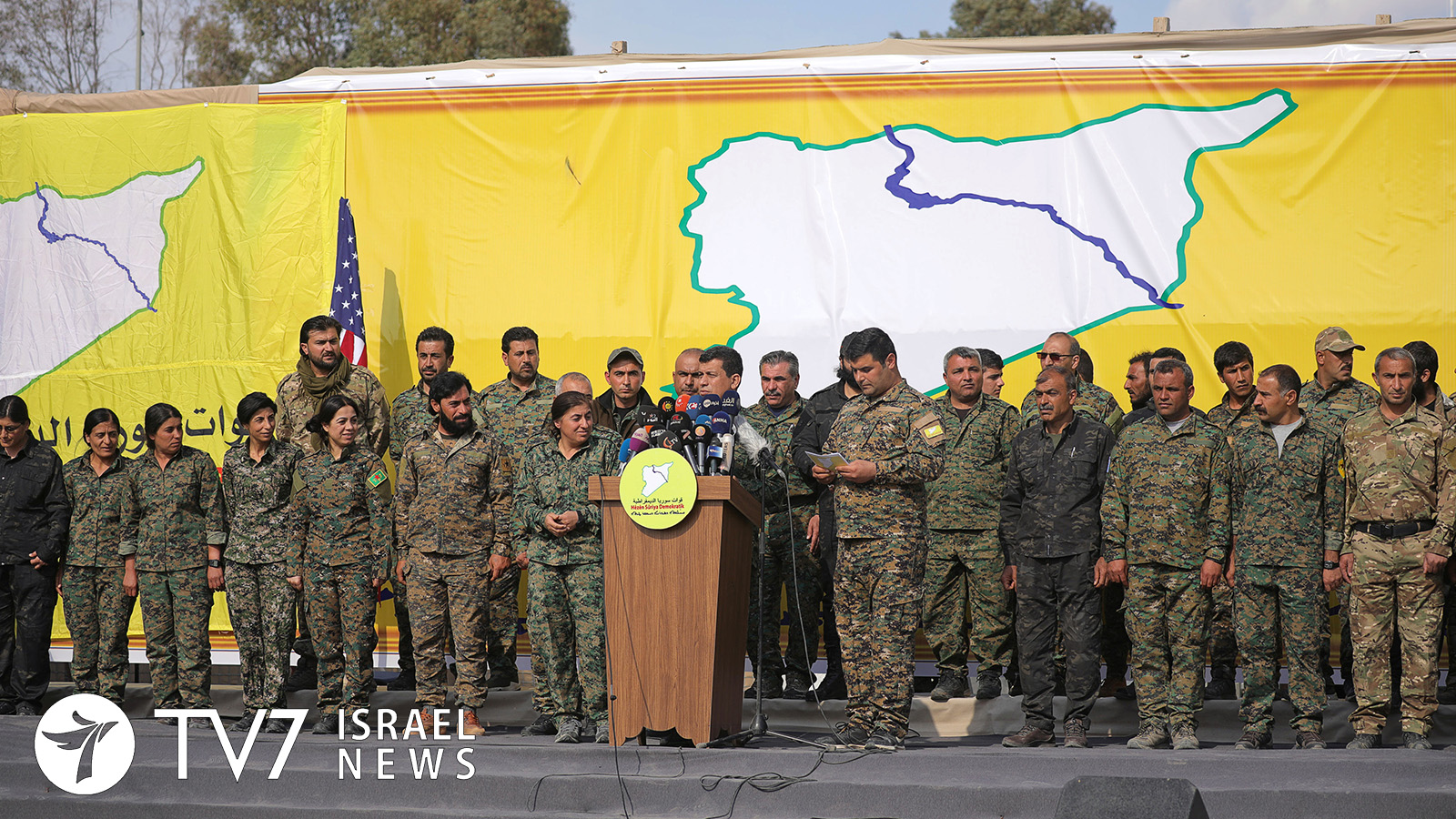The U.S.-backed Syrian Democratic Forces (SDF) declared the capture of last territory that was held by the Islamic State in the eastern part of the war-torn country – effectively eliminating its rule over a self-proclaimed “caliphate.” SDF Alliance General Commander Mazloum Abdi announced the accomplishment – yet insisted that the war is not over. He told those in attendance, including U.S. diplomatic and military officials, that “this delivers a crushing, strategic blow and underscores the unwavering commitment of our local partners and the global coalition to defeat ISIS.” He expressed pride that so far, the SDF has rescued nearly five million residents of northern and eastern Syria from both the Islamic State and Al Qaeda, and vowed that the war “will continue until complete success is achieved and until we are totally rid of them.” Special U.S. State Department, Envoy to Syria William Roebuck joined in the celebrations, and referried to the successful operation against the Islamic State as a clear indication of Washington’s commitment to the global coalition to defeat the extreme Muslim group. Originally an offshoot of al Qaeda, the Islamic State captured large swathes of Iraq and Syria from 2014. Following two separate coalitions to defeat the extreme Muslim group – one headed by the United States and the other by Russia – the Islamic State was slowly beaten back to the village of Baghouz. SDF fighters besieged Baghouz for weeks while U.S. aircraft pounded from above; and paraded in memory of 11,000 of their fallen comrades, killed in the final battle against the Islamic State.
Officials in Damascus see the defeat of the Islamic State will encourage the Kurdish forces of the SDF to enter into negotiations with the Assad regime to reach an accord that will once again unify the whole of Syria. Despite the success of defeating the Islamic State, Syrian officials believe that both sides are keen on resolving their differences. According to Syrian political analyst Sarkis Kassargian, U.S. support for the Kurds may not be enough to form their own state in northeastern Syria because of Turkish objections; although it may serve the Kurdish leadership to maximize their own interests to gain some autonomy in future negotiations with Damascus. Kassargian also asserted his belief that U.S. forces will remain in the Arab Republic until negotiations between Kurdish and Syrian leaders have concluded.
In the past, Kurdish officials have indicated their desire to reach an accord with the Assad regime; but they failed to offer an immediate updated response to TV7’s request for comment.
